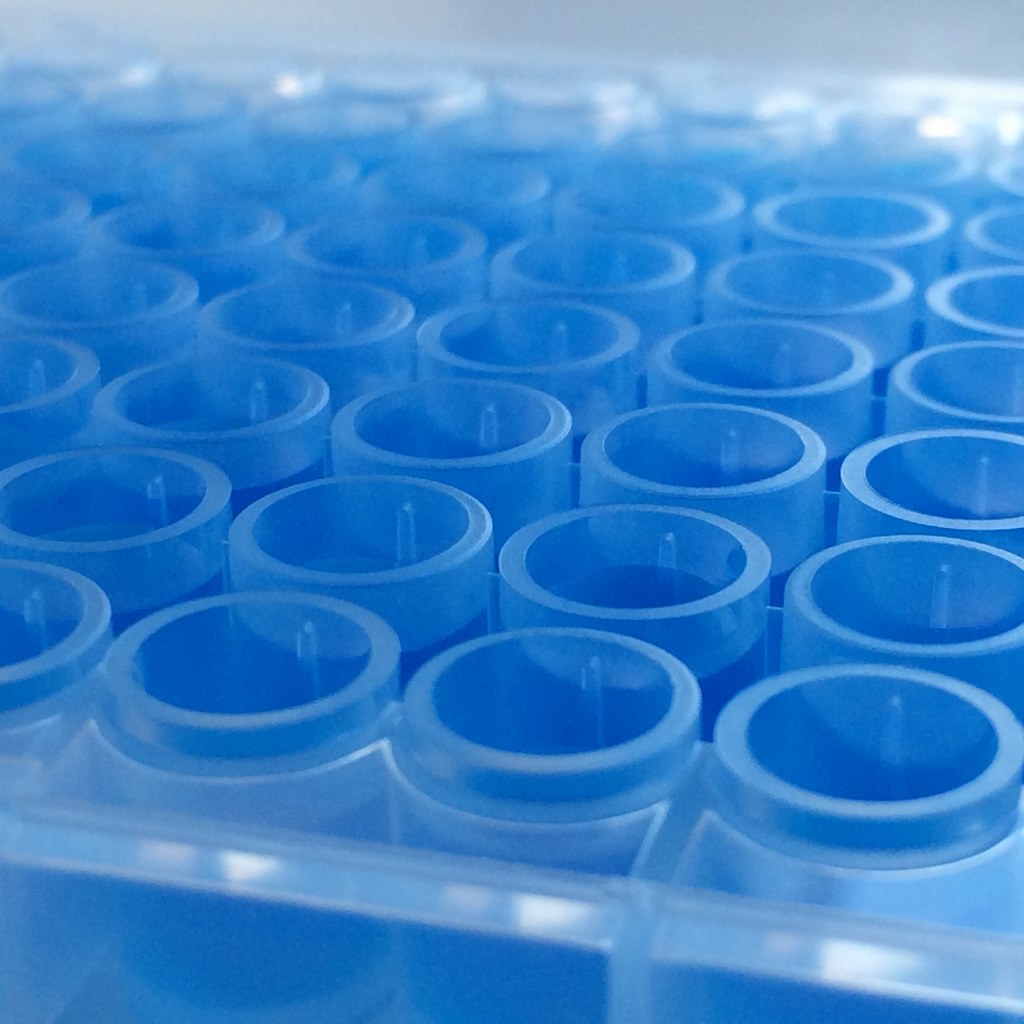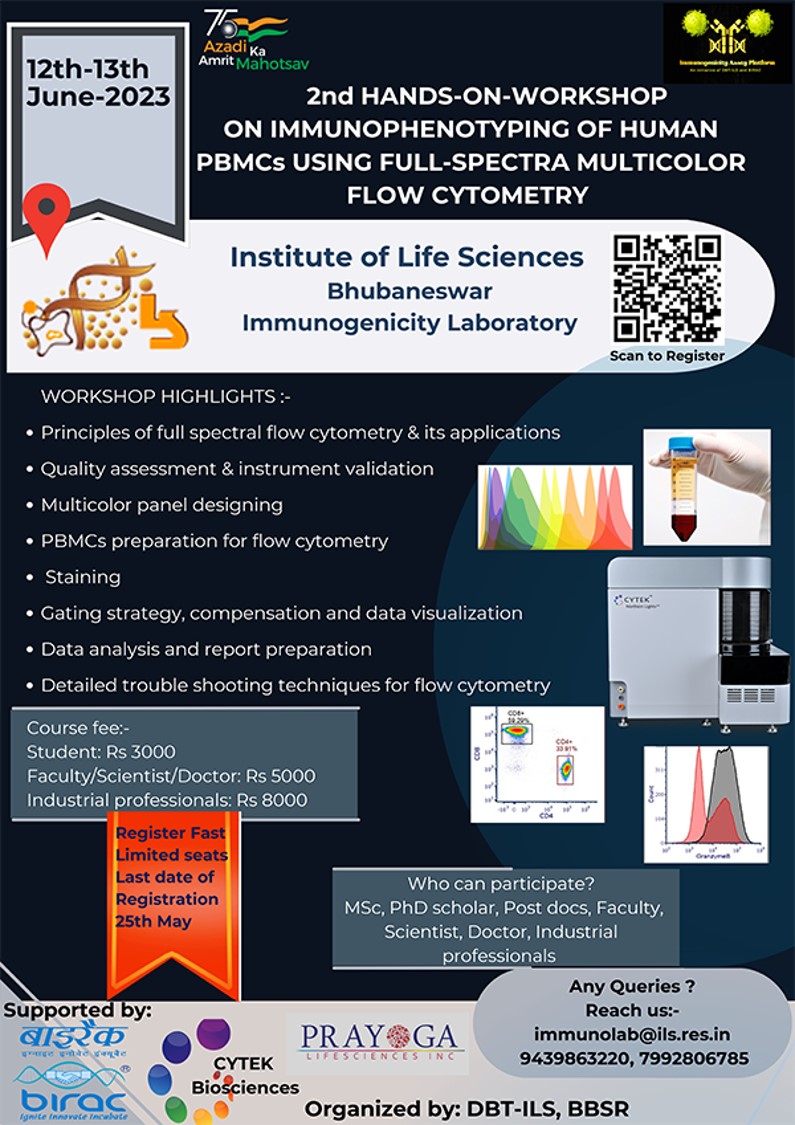
Crystallization Screens & Tools
The Durham Screens are protein stability screens. The screen’s developers describe the advantages of stability screens for protein structure and function studies.
They also help you:
- Identify how buffer chemistry and pH alters the thermal denaturation and therefore stability of a protein.
- Test your protein stability against more than 30 different salts.
- The Durham Screen is a vital first step in any novel drug design project and to any one setting-up a crystallization screen.
- Get vital information about your protein and how stable it is in a particular buffer/chemical environment.
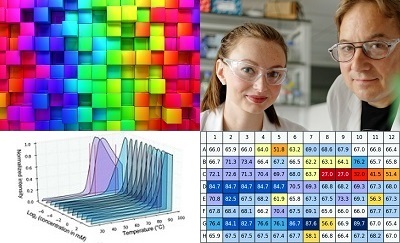

Increase your lab throughput with simple, rapid crystallization screening for:
- Organic salts soluble in water down to 2 mg/ml
- Increase chance of crystallization with 77 different anions screened.
- Suitable for manual as well as robotic set-up: no specialist equipment required.
- Perfect for most crystallization protocols: works equally well for under-oil and vapor diffusion.
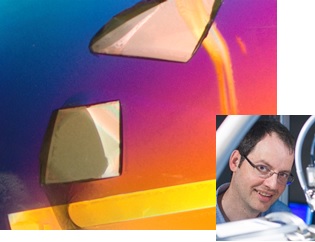
Everything needed to reliably grow test crystals from three different proteins. Ideal for:
- Instrument checks
- Practical demonstrations
- Methods development
- Teaching crystallography
Kit includes protein samples (Thaumatin, lysozyme and proteinase K), all required reagents, plates (3) and seals plus full instructions.
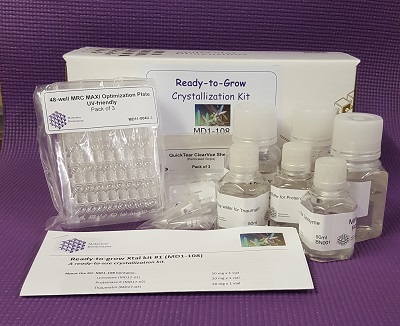
Additive Screening can be useful for small/poorly diffracting crystals or too much nucleation. There are a variety of approaches that can be taken:
- Using any of our additive screens (for soluble or membrane proteins) – use your hit condition as a base.
- Look for chemical entities in common amongst your initial hits. Re-screen with one or more of the primary screens using this entity as an additive.
- If your protein is known to bind a ligand, re-screen with one or more of the primary screens using the ligand as an additive.
- Perform a thermofluor experiment testing your protein against the additive screens. If you observe a significant stabilisation of your protein, re-screen with one or more of the primary screens using the stabilising condition as an additive.
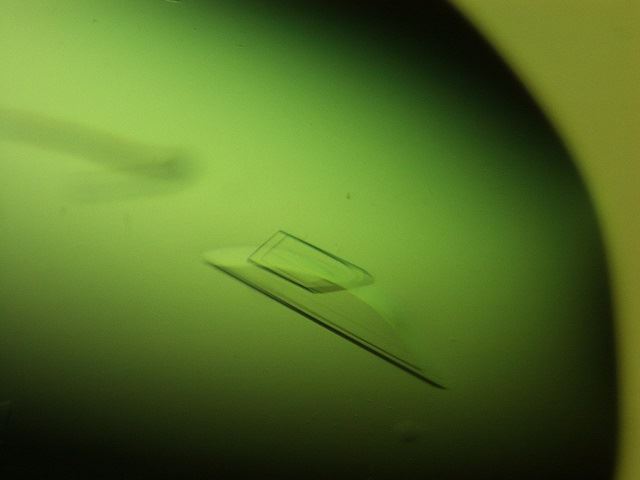
The Wizard Cryo Line offer sparse matrix screening with sparing use of glycerol.
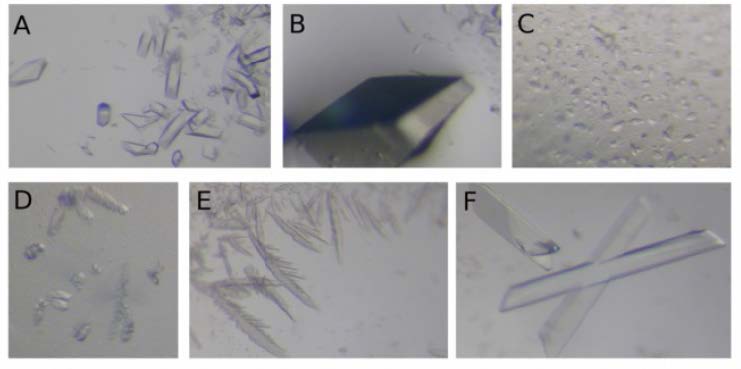
We can save you:
- time
- chemicals
- and the cost of a robot.
To find out how much you could save, contact us for a quote for your custom-made 10 mL, HT-96 screen (96 x 1 mL, or 384-well conditions in a deep-well block).
All we require is for you to send us your screen layout, as shown in this Custom Screen Layout Excel file when ordering.

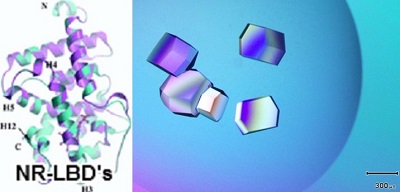
We currently offer two screens that are suitable for use with nucleic acids: HELIX and MIDASplus
MIDASplus™ is an updated version of the original MIDAS screen with new precipitants so let you explore chemical space even further. Developed in the laboratory of Dr Clemens Grimm at the University of Wurzburg, Germany.
Developed by Dr. Gary Parkinson from School of Pharmacy, University College, London, UK and manufactured under an exclusive license from the University of London.
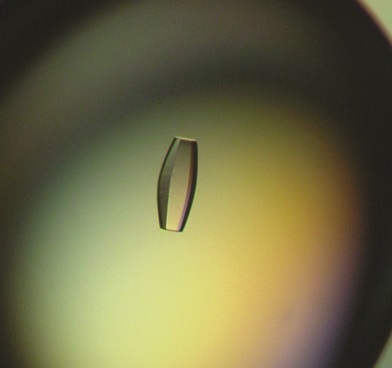
All screens are dispensed as 100 µL into a 96-well SBS V-bottom plate (polypropylene, solvent-resistant) and heat-sealed.
